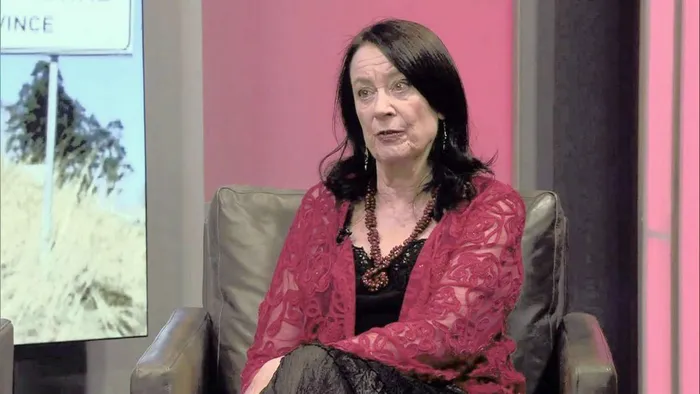Mary de Haas testifies in KZN violence inquiry: Calls for disbandment of Political Killings Task Team

Parliament’s Ad Hoc Committee resumes its probe into KZN violence and the controversial Political Killings Task Team, with Professor Mary de Haas testifying on its irregular formation and alleged misuse of SAPS resources.
Image: File
Parliament’s Ad Hoc Committee has resumed its inquiry into violence in KwaZulu-Natal and the controversial Political Killings Task Team (PKTT). In a highly anticipated session, violence monitor Professor Mary de Haas took the stand.
De Haas had previously written a letter calling for the disbandment of the PKTT, arguing that it was irregularly formed and misused SAPS resources.
The committee is also probing claims made by Lieutenant-General Nhlanhla Mkhwanazi, who alleged that a criminal syndicate known as the “big five” has infiltrated the police.
He noted that de Haas has been “very vocal” about dissolving the PKTT. Her name has repeatedly surfaced in both the parliamentary inquiry and the Madlanga Commission, highlighting her central role in the debate.
Her testimony follows last week’s dramatic adjournment, when MPs dismissed Cedrick Nkabinde, chief of staff to suspended Police Minister Senzo Mchunu, for inconsistent statements and accusations of misleading Parliament.
Reflecting on earlier evidence, Mchunu revealed last month that several individuals sought confidential discussions with him on policing matters, including de Haas.
“De Haas is one of those people who wrote extensively to us to raise concerns about policing,” he said.
In December 2024, De Haas formally urged Mchunu to dissolve the task team, describing it as “irregularly formed” and recommending that its investigators be reintegrated into traditional detective units. She also questioned the qualifications of the team’s head, Lieutenant General Dumisani Khumalo.
She further proposed the creation of a judicial oversight mechanism, led by a retired judge with expertise in policing and criminal justice, to review the PKTT’s cases and investigate misconduct allegations.
As the committee continues to unpack these issues, attention remains fixed on De Haas’s testimony, which could shape the future of the PKTT and efforts to restore integrity within KwaZulu-Natal’s police structures.